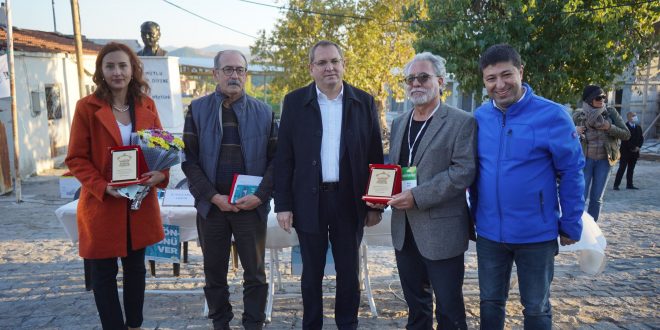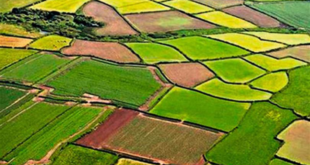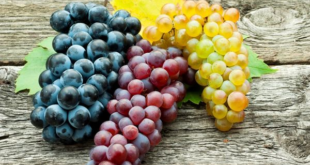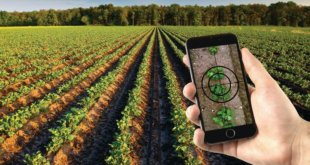Press release…
Within the scope of the “16. International Ayvalık Olive Harvest Festival”, a panel regarding “The Impact of Climate Change on Olives” was held in Çamoba village of Ayvalık district in Balıkesir province.
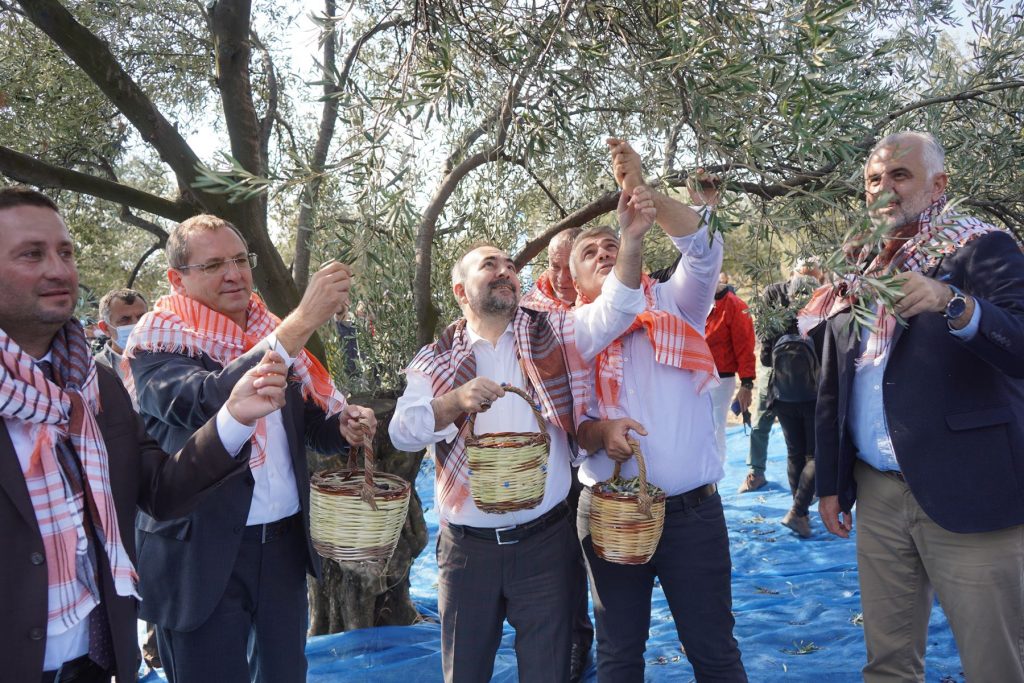
The event, directed by TEMA (The Turkish Foundation for Combating Soil Erosion) Ayvalık District Officer Haluk Aysu, was attended by Boğaziçi University Climate Change and Policy Application and Research Center and Physics Department Lecturer Professor Dr. Murat Türkeş, Agricultural Engineer from Bornova Olive Research Institute, Dr. Ayça Akça Uçkun and Balıkesir University Edremit Vocational School Olive Growing Programme Lecturer Dr. Mücahit Kıvrak.
Stating that drought has started to be talked about again in the last three years and 2019 along with 2020 have passed with drought, Professor Dr. Murat Türkeş said, “Until mid-January, neither the temperature dropped nor there was any rain. We have come to the end of 2020, winter has not come. Besides most of Turkey has been experiencing drought for the last 30 years. Moreover the severity of drought in Ayvalık, Bergama and Kozak regions is also on the rise.”
Underlining that olive is the crop that will be most affected by climate change, Dr. Ayça Akça Uçkun explained that models are already being made in terms of drought in Italy and Spain, where olives are produced the most. Indicating that Australia, China and Libya could be the new leaders in production with climate changes, Dr. Uçkun pointed out that tropical species may be produced in Turkey in the near future and olive production will increase towards the north.
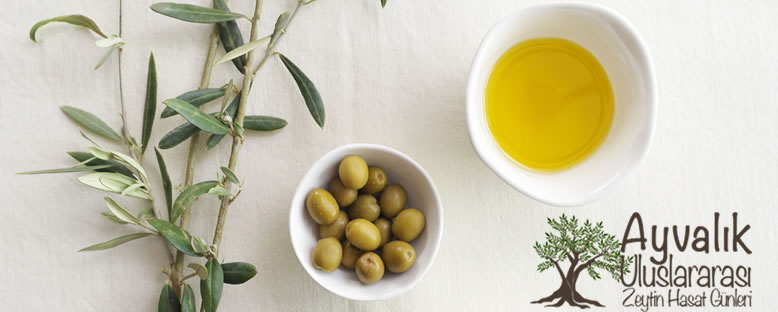
Beginning his words by saying, “If we do not have a producer, there will be a hunger problem,” Dr. Mücahit Kıvrak drew attention to the fact that they harvested olives with short sleeves last year due to global warming. Dr. Kıvrak added, “The quality of olive oil has decreased due to the temperature. It affects the oil quality a lot. If we taste wood when you smell and taste it, it is the effect of the drought.”
Reminding that Turkey is a country with a vegetable oil deficit, Dr. Kıvrak concluded, “We need a drop of oil. On the other hand the harvest period should be cold. Whereas olive oil could not get cooling last year, therefore, the olive tree did not produce enough. We need a cooling period of more than 1000 hours in olives. This period did not have last year at all. In order for the shoots to grow and prolong, it must be cold and cool in the evenings. On top of that weeds in olive groves can be destroyed with natural fertilizers instead of chemicals. You can solve this problem with ovine breeding without touching the olive tree. We have to go back to ovine breeding. You don’t have time to deal with cattle anymore.”
 THE GLOBAL WINDOW OF TURKISH FOOD AND AGRICULTURE The Global Window of Turkish Food and Agriculture Sector
THE GLOBAL WINDOW OF TURKISH FOOD AND AGRICULTURE The Global Window of Turkish Food and Agriculture Sector


